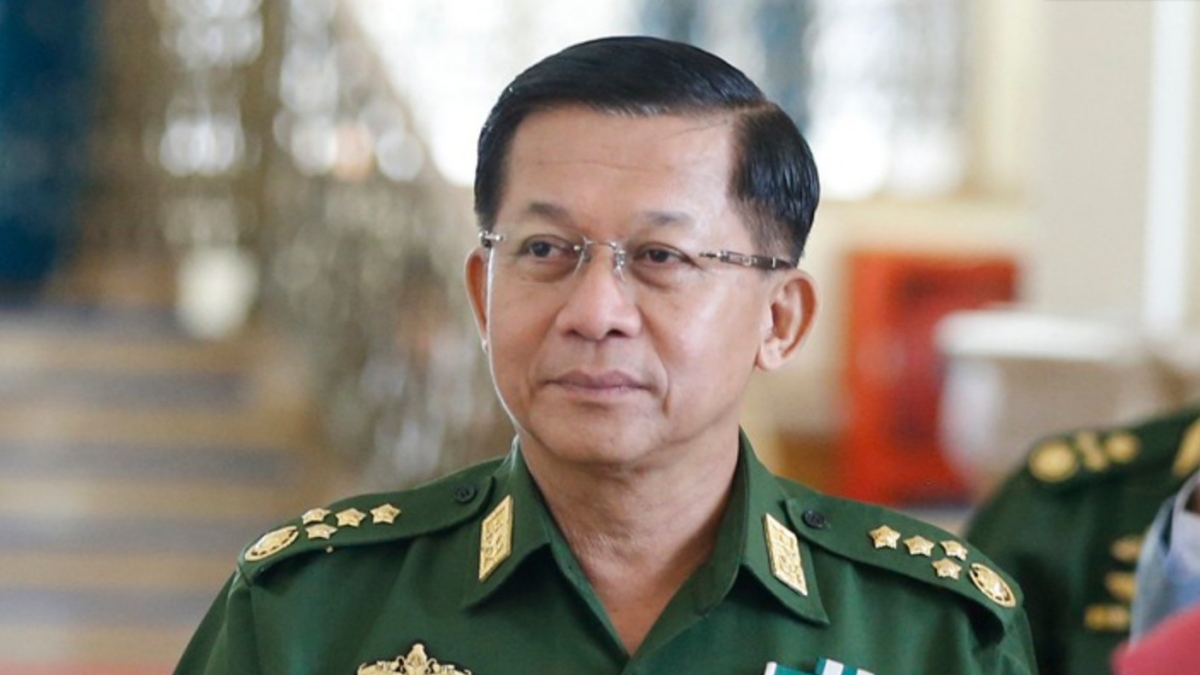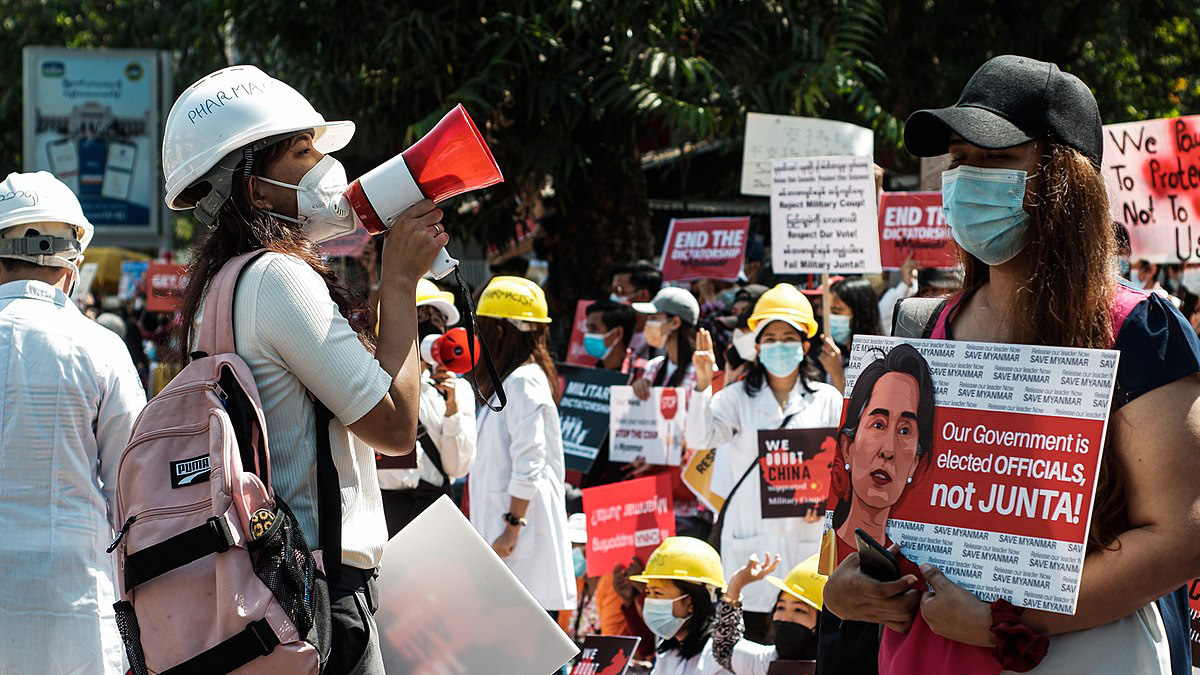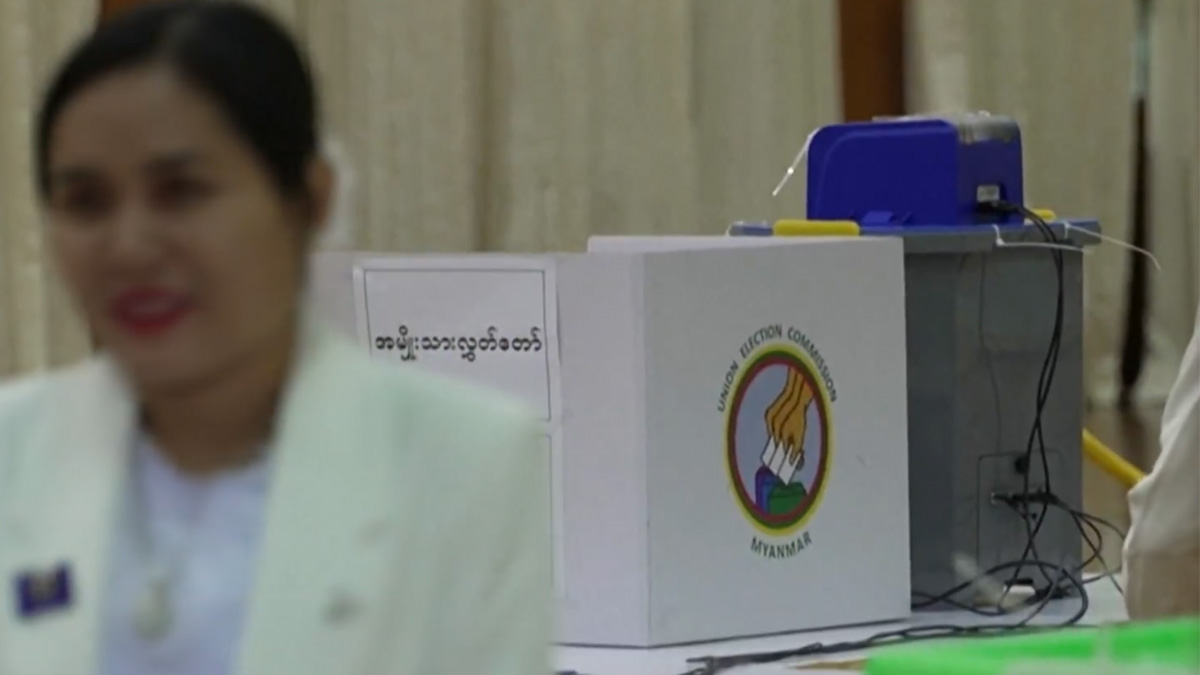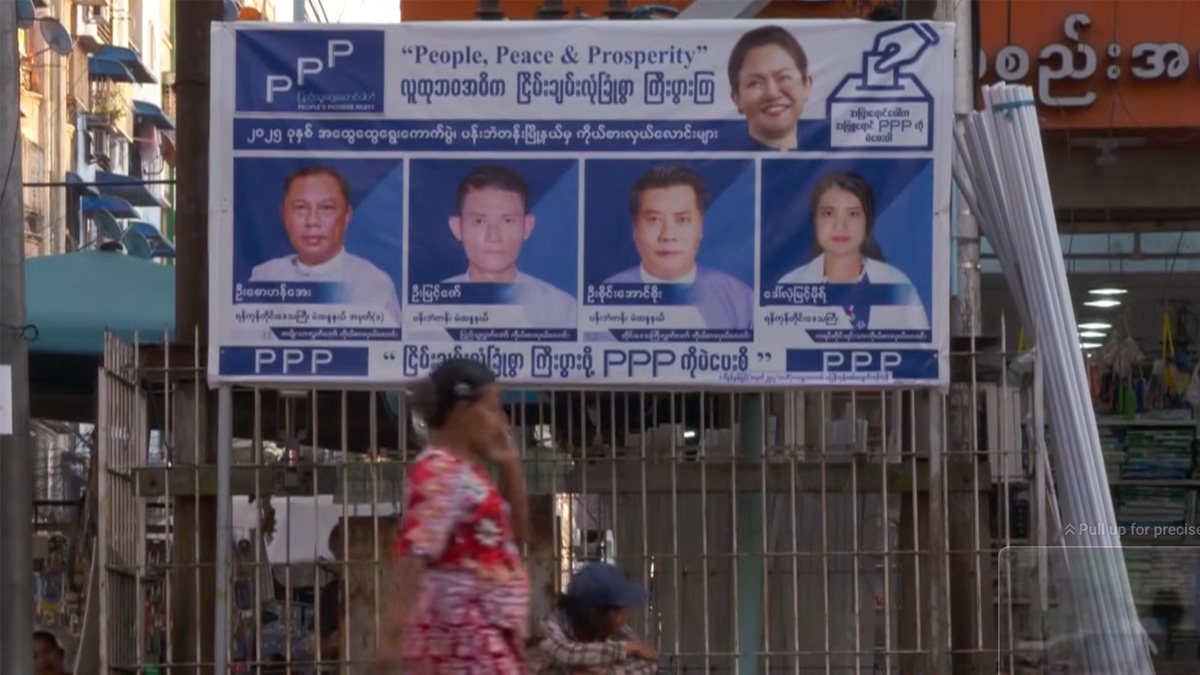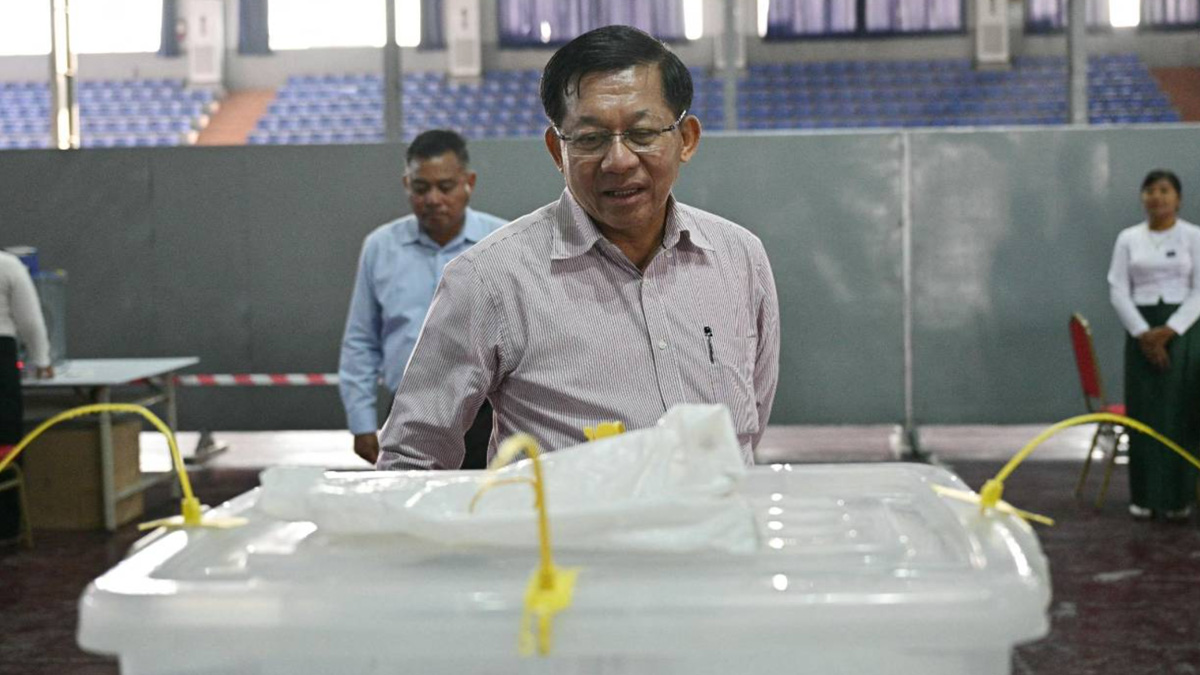Myanmar junta claims 30 Starlink devices seized in KK Park raid as scam hubs keep expanding
Myanmar’s military has raided a major cyber scam hub near the Thai border, seizing Starlink equipment after an AFP investigation exposed the satellite service’s role in powering online fraud networks. The crackdown follows growing international pressure over the country’s thriving scam industry.
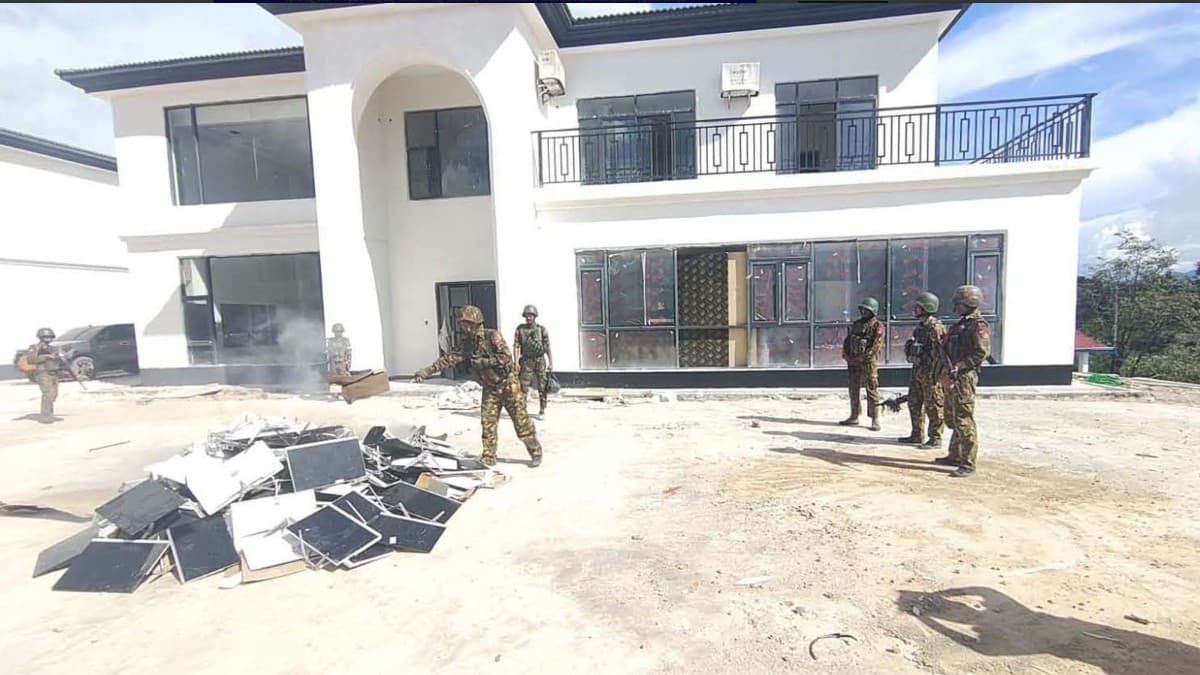
- Myanmar’s military says it raided the KK Park cyber scam hub near the Thai border, seizing 30 Starlink receivers.
- The raid followed AFP’s investigation into widespread Starlink use at scam compounds operating in Myanmar’s conflict zones.
- The US Congress has opened a probe into Starlink’s alleged role in enabling online scam networks.
Myanmar’s ruling military has raided one of the country’s most notorious online scam compounds near the Thai border, confiscating Starlink satellite internet equipment reportedly used to power the illicit industry.
According to The Global New Light of Myanmar on 20 October, troops “conducted operations in KK Park near the Myanmar–Thai border” and “seized 30 sets of Starlink receivers and accessories”.
The operation comes days after an AFP investigation revealed a surge in Starlink devices being deployed in scam compounds operating from Myanmar’s conflict-ridden border regions. These centres are notorious for orchestrating global fraud schemes, often run by trafficked or coerced labour.
However, the 30 devices seized represent only a fraction of those visible in satellite and drone imagery reviewed by AFP, which showed as many as 80 Starlink dishes on a single building roof within KK Park.
Widespread use of Starlink in illicit scam hubs
The satellite internet technology, owned by Elon Musk’s SpaceX, is not licensed for operation in Myanmar.
Yet, since early 2024, analysts and investigative journalists have documented its rapid uptake among criminal groups.
Starlink’s ability to provide high-speed connectivity without relying on national infrastructure has made it an attractive option for scam operators in areas where internet access is tightly controlled or unavailable due to ongoing conflict.
An AFP investigation in October found rapid new construction at scam centre sites, with Starlink equipment being installed on building roofs in several compounds, including those in Myawaddy.
SpaceX reportedly did not respond to AFP’s request for comment on 20 October.
US congressional investigation into Starlink’s involvement
In Washington, the US Congress Joint Economic Committee has launched an inquiry into Starlink’s role in Myanmar’s online fraud networks.
Senator Maggie Hassan, the committee’s lead Democrat, has demanded answers from Elon Musk about the company’s oversight mechanisms and its efforts to block unauthorised users.
“While most people have probably noticed the increasing number of scam texts, calls and emails, they may not know that transnational criminals halfway across the world may be perpetrating these scams by using Starlink internet access,” Hassan said in a statement.
The senator wrote to Musk in July with 11 questions about the satellite service’s involvement. The committee retains the authority to compel Musk to testify if necessary.
International pressure and regional crackdowns
Authorities in China, Thailand and Myanmar launched a coordinated crackdown in February 2024 on the so-called “fraud factories” operating along their shared borders.
According to official reports, around 7,000 workers—mostly Chinese nationals—were freed from the compounds, many claiming to have been trafficked and forced into the online fraud trade.
The Global New Light of Myanmar stated that during the KK Park operation, troops occupied 200 buildings, detained 15 Chinese nationals and identified about 2,200 workers allegedly involved in online gambling and fraud.
The United Nations Office on Drugs and Crime (UNODC) estimated that Southeast Asian cyber scam operations defrauded victims worldwide of about US$37 billion (S$47.9 billion) in 2023.
A persistent and profitable criminal economy
Despite the crackdowns, satellite imagery reviewed by AFP and Planet Labs PBC indicates continued expansion at KK Park, with dozens of new buildings erected or modified between March and September 2025.
These compounds, often run by Chinese syndicates and protected by local militias, remain a major source of income for armed groups engaged in Myanmar’s civil conflict since the 2021 military coup.
While some workers are trafficked under coercion, experts note that others join voluntarily in pursuit of large commissions.
The UN estimated in 2023 that up to 120,000 people were being forced to work in such scam centres across Myanmar.
In neighbouring Cambodia, authorities recently deported 64 South Koreans accused of involvement in similar cyberscam operations, underlining the regional scale of the problem.
Beijing has also intensified its campaign, announcing last week the arrest of more than 57,000 Chinese citizens suspected of cross-border fraud linked to Myanmar.
The growing use of Starlink in illicit activities raises broader concerns about how satellite internet technologies can be exploited beyond the reach of state regulation.
Analysts say that without international coordination and improved user verification mechanisms, the same tools that enable global connectivity could continue to empower organised criminal networks.


